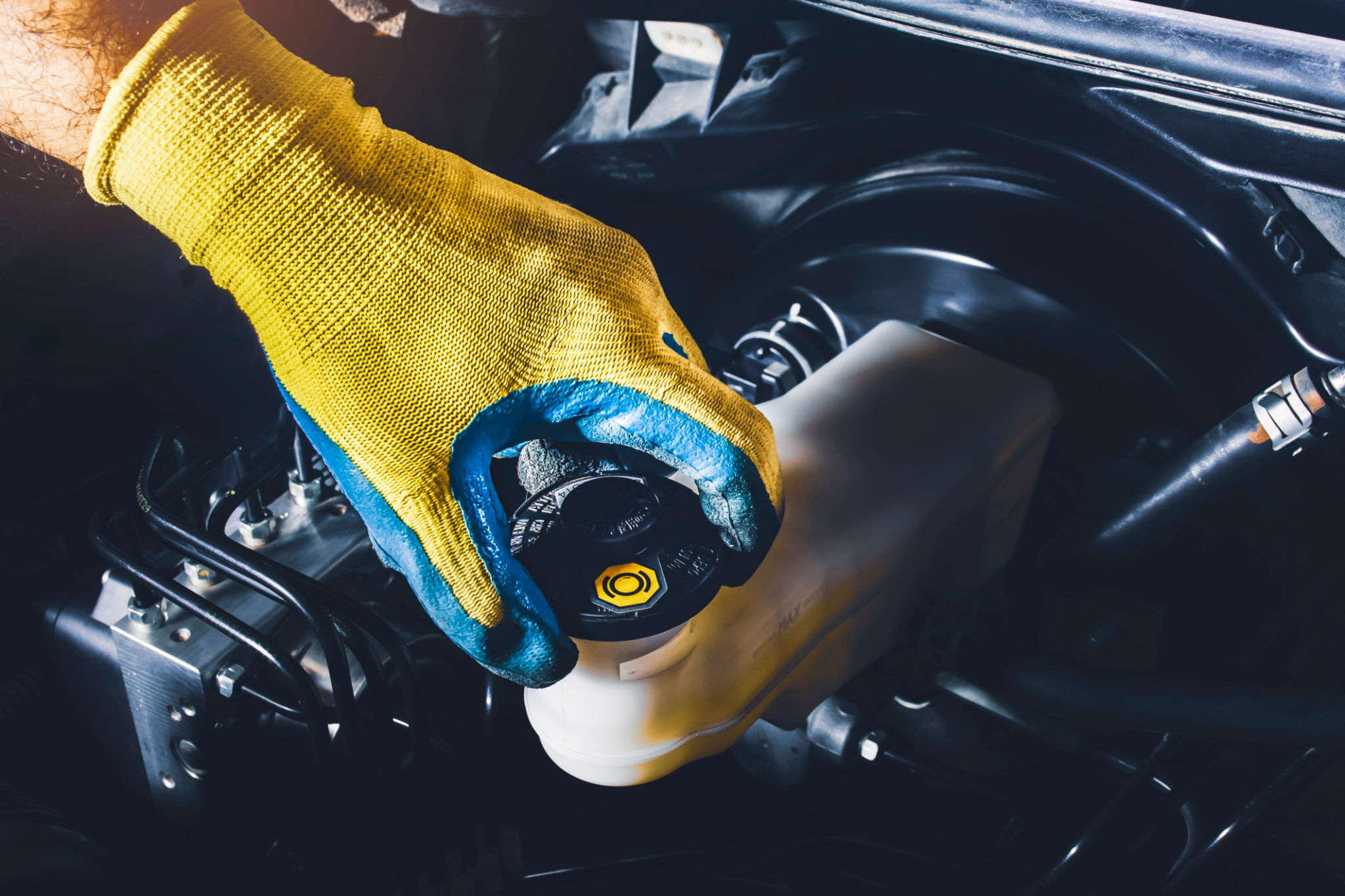DIY Brake Maintenance: How to Ensure Your Safety Between Professional Services
Understanding the Basics of Brake Maintenance
Maintaining your vehicle's braking system is crucial for ensuring your safety on the road. While professional services are essential, there are several DIY maintenance tasks you can perform to keep your brakes in top condition between visits to your mechanic. In this post, we'll explore some key practices and tips for effective brake maintenance.

Regular Inspection of Brake Pads
One of the most important components of your braking system is the brake pads. These wear down over time and need regular inspection. To check their condition, you can visually inspect the brake pads through the wheel spokes. If they appear thin—typically less than a quarter of an inch—it's time to replace them. Listening for a high-pitched squeal when braking is also an indicator that your brake pads are worn out.
Checking Brake Fluid Levels
Brake fluid plays a vital role in the efficiency of your braking system. To check the fluid level, locate the brake fluid reservoir under the hood, usually near the back of the engine bay on the driver's side. Ensure the fluid is between the "MIN" and "MAX" marks. If you notice a significant drop in fluid levels, it could indicate a leak in the system that needs professional attention.

Maintaining Rotors and Drums
The rotors and drums are critical components that work with brake pads to stop your vehicle. Inspect them for any visible damage such as grooves or cracks. Over time, these parts can warp or become uneven, leading to vibrations or reduced braking efficiency. If you notice any unusual noises or vibrations when braking, it may be time to have them assessed by a professional.
Understanding Brake Lines
Brake lines are responsible for transferring brake fluid from the master cylinder to the brakes themselves. Inspect these lines for any signs of wear, rust, or leaks. A leak or damage in the brake lines can significantly impact your vehicle's ability to stop effectively. If you detect any issues, it's crucial to get them repaired immediately to avoid potential failures.

Keeping Your Braking System Clean
Dirt and debris can accumulate on various brake components, affecting their performance. Cleaning your brakes periodically can help maintain their optimal function. Use a proper brake cleaner spray to remove grime and dirt from the brake pads, rotors, and calipers. Be sure to follow the manufacturer's instructions for safe usage.
Listening to Your Brakes
Your car's brakes provide auditory cues that can indicate potential issues. Grinding noises often suggest that the brake pads have worn down completely and need immediate replacement. Squeaking or squealing can be normal in some conditions but persistent noise should be investigated further.
When to Seek Professional Help
While DIY maintenance can extend the life of your braking system, certain issues require professional expertise. If you're unsure about any aspect of brake maintenance or notice persistent problems despite your efforts, it's best to consult a professional mechanic. Remember, maintaining your brakes isn't just about extending their life—it's about ensuring your safety on every drive.